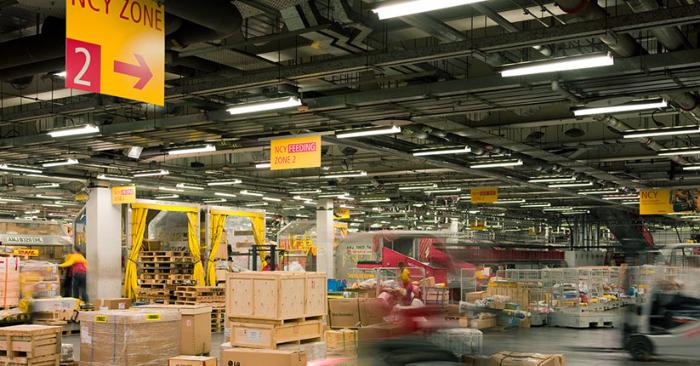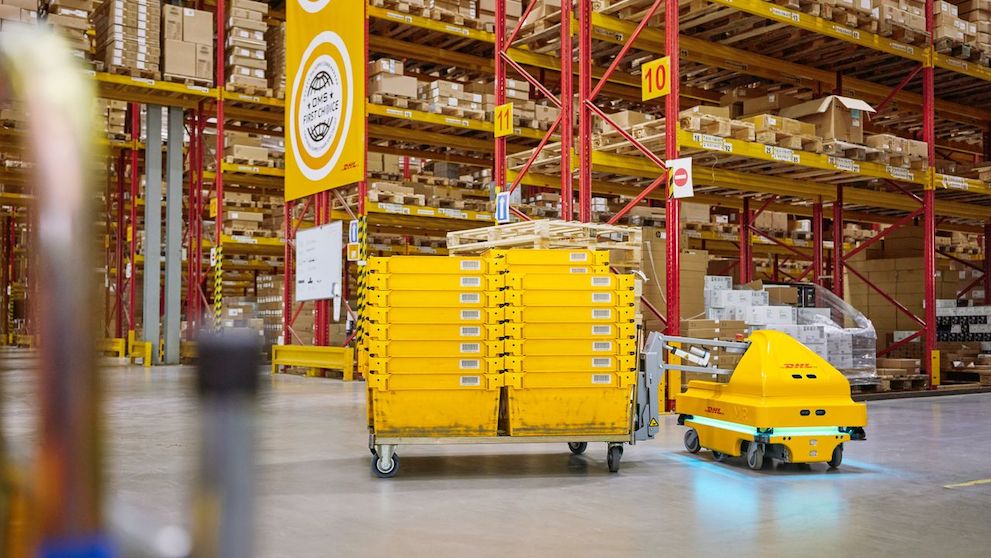The peak of the Coronavirus outbreak around the world saw many businesses struggling to make ends meet. Demand and buyer habits have shifted dramatically as stay-home & work from home advisories were issued worldwide. Many countries also implemented lockdown restrictions that temporarily disrupted international trade, resulting in a thunderous disruption of supply chains internationally.
Industries or businesses that were heavily reliant on importing, manufacturing, or external productions were severely impacted when China began cutting of exports during the early months of 2020. As the year trudged by and some countries began recovering from COVID-19 – including Singapore – businesses also began re-opening.
Within less than a year, the commerce scape had dramatically evolved, and many industries had to re-evaluate their strategies to conform to the changes. For international businesses, one of the most important aspects of this evolution involved revamping their supply chains by making it more resilient to unforeseeable events.
WHAT IS SUPPLY CHAIN RESILIENCE?
Having a resilient supply chain means being able to sustain and continuously operate despite any disruptions. Every business that sells a product, be it B2B or B2C have some form of a vertical supply chain that runs all the way down to the end-user or customer.
Think of your typical, everyday fruit store – their supply network begins all the way from the farms growing the fruit. After harvest, the fruit would have to go through sorting to literally weed out the bad apples, packing, and then consolidation – probably with the produce of similar farmers growing different fruits – before it is ready to be transported to its intended destination.
It doesn’t end there, the cargo has to be collected, sorted, or even re-packed and then distributed to various fruit stores around the country or region, and finally enabling the end-customer to enjoy fresh fruits almost any day of the week.
Now just imagine, due to cross-border restrictions, your supply of a particular commodity is temporarily cut. It could be catastrophic if you are operating on a large margin where many other businesses, vendors, or end-consumers are reliant on your continuous supply. Failure to commit or produce could negatively impact profitability and reputation.
There are many ways to fortify your logistics network, for example, sourcing from alternate suppliers or engaging suppliers from other countries, holding safety stock, and demand forecasting for better inventory management.
UNDERSTANDING THE IMPORTANCE OF A RESILIENT SUPPLY CHAIN
Any profitable business has to consider their commitment to their customers or partners. By having a consistent and reliable downward supply, it can open your doors to the potentials of expansion to operate at larger scales or to work with more retailers or vendors for greater distribution of your product.
Operating at larger scales can be an opportunity to bring down costs in the supply chain, with greater volumes and capacities for negotiations along the supply network. But most importantly, having a resilient supply chain will enable your business to withstand unforeseen circumstances, so that your business can continue on during a crisis.
As Singapore sits on the verge of recovery from the COVID-19 pandemic, we are seeing more industries begin to operate again by adapting to the ‘New Normal’ of doing business. It is now more crucial than ever, that we look toward the future of how we can cumulatively drive our economy forward. This is achieved by regional or global expansions and it also means handling wider scales of operations that might incur challenges and complexities on your logistics network.
Recent research conducted by DHL and Richard Wilding, Professor of Supply Chain Strategy, takes a look at supply chains on a larger scale. The research focused on how consumers and businesses have adopted different habits to cater to the demands and changes since COVID-19.
Customers are phasing into e-commerce shopping and businesses are taking on a more digital approach to reach a wider audience to adapt accordingly. These changes are observed to stay long after COVID-19. But the key take-away from this research is that businesses and industries must re-evaluate their supply networks, to safeguard their operations, transportation capabilities, and warehousing options.
DHL EXPRESS’S ROLE IN BUILDING A RESILIENT SUPPLY CHAIN
In every supply chain, logistics closes the loop by offering transportation, storage, last-mile delivery options, and more. One key aspect that influences the efficiency of the supply network, is how the logistics provider can perform in joining the whole chain together seamlessly.
DHL Express plays an important role in connecting businesses all around the world by operating an independent logistics network that is optimized providing fastest international delivery service all around the world. As you strive to build a resilient logistics chain, you also need to select a partner that has the resources, expertise, and potential to accommodate to your needs.
A recent example of how DHL Express managed to support our customers during the circuit breaker period includes maintaining our network flights to ensure that all the shipments we handle have daily flights in and out of Singapore, despite the challenges faced by the aviation industry.
Prioritizing our customers’ business needs, we also provide e-commerce tools that are designed to improve your shipping efficiency while ensuring that all aspects of your supply chain have the appropriate visibility and flexibility.
Learn more about how DHL Express can contribute to your supply chain and optimize your operational efficiency by integrating our global network and expertise.















